When I was asked to script a few lines on my perspective of the International Exploration Environment (IEE, everyone has an initialism or acronym so I thought I would create my own initialism for this text), I had to reflect back to the time when I accepted my first foreign assignment. This caused certain feelings of trepidation to wash over me as I calculated that the event occurred almost 36 years ago. Have I been in the business that long? It just proves when you enjoy your vocation time passes quickly.
I was hired by Western of America to participate in a large heli-portable operation in the Ecuadorian Oriente. My first duty was to increase the seismic survey group production by two-fold and the goal was to increase the daily crew production by three-fold. My first lesson in IEE was, as they do not speak English, I had better learn to speak Spanish and do it quickly. This quickly evolved into the second IEE lesson which was that I was a GUEST in their country, thus they have a superior knowledge of the weather, the terrain, the fauna and flora, the customs, plus how do you survive in the rain forest in an emotional sense as to not be overwhelmed by the ambient environment.
For the first month progress was positive on the increased production side when an interruption occurred. The country was in the throes of a political upheaval that affected three of Western’s operations and two of GSI’s operations in Ecuador. Our base camp crew office was surrounded by more than 150 strikers and two of our expatriates were held hostage by strikers in the recording field camp. Lesson number three in IEE, always expect the unexpected. The situation was resolved with no physical harm and operations commenced within weeks.
The fourth lesson in IEE was apparent in quick time while working with the Ecuadorian field personnel. There is always a great volume of hidden talent in the people resource in all countries, it just needs to be revealed and encouraged. I managed to obtain a Davis & Foote Survey ‘bible’ in Spanish and proceeded to expose two of the survey crew labourers that showed interest, to coordinate positioning. Within a year these individuals were in charge of their own crews. They had acquired the technical skills to sustain employment long after the Western Crew had departed.
For IEE lesson number five, a simple example of making a difference for people was adopted by our crew for the local residents of the area where our operations took place. A water well was drilled for a village of Quechua People that provided clean, filtered water to the inhabitants. Our crew hospital (yes, we had a full-time doctor and dentist because we had 800+ workers assigned to crews in the jungle) was the staging site for more than one UN WHO inoculation campaign for the Quechua in the area. Our medical staff treated many of the residents of the area for various ailments. Our helicopters, twin otter aircraft and motorized dugout canoes assisted with work performed by NGO’s (before the NGO initialism existed) to bring health programs to the indigenous inhabitants of the area.
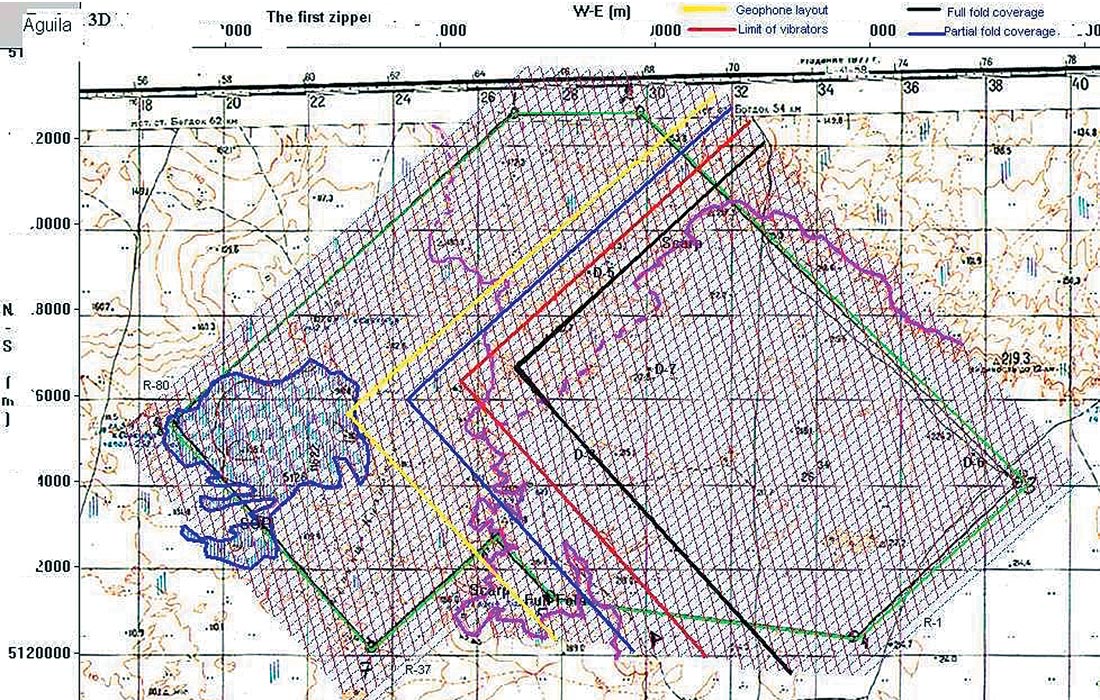
These are all the non-economic items that contribute to the completion of a successful project in the international field. While these lessons may not add to the bottom line it is important to understand they may reduce any negative impact to your bottom line.
My wife and I, on returning from our last international project that required residence outside of Canada, decided to attempt to assist children in the third world through a program that, for the price of a supper in Calgary, can support a child, the child’s family, and assist with programs in the community where the child resides. Over the past 27 years we have experienced interaction with more than 30 young people in three continents. It is good business.
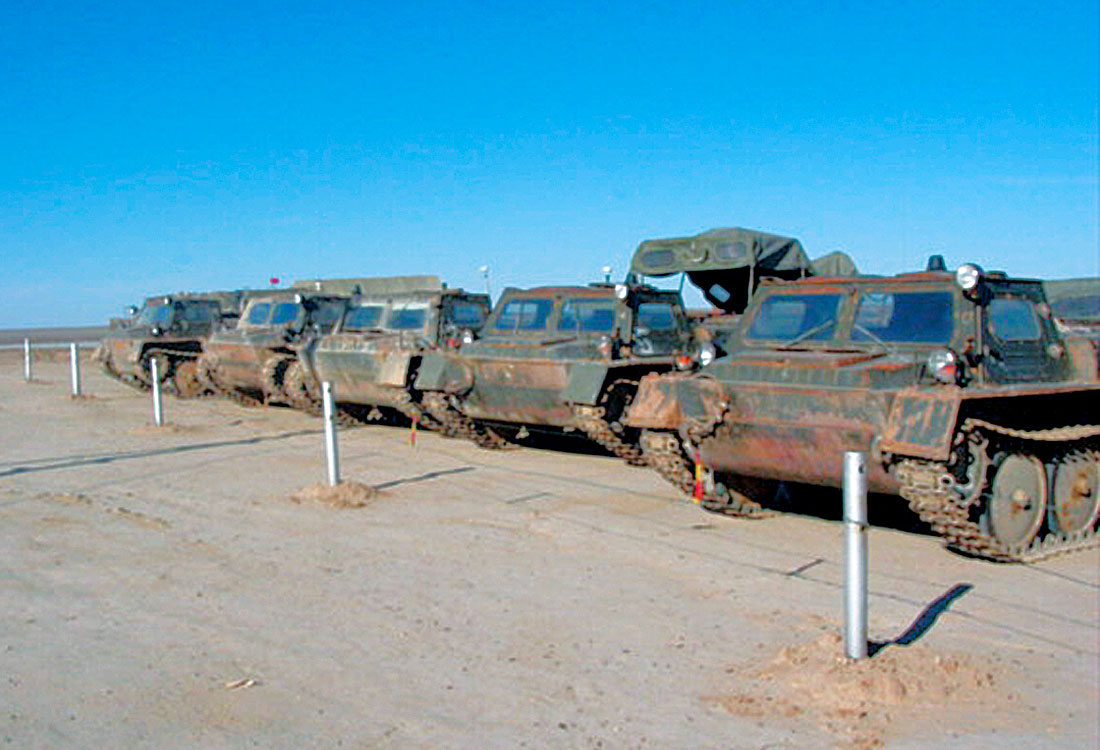
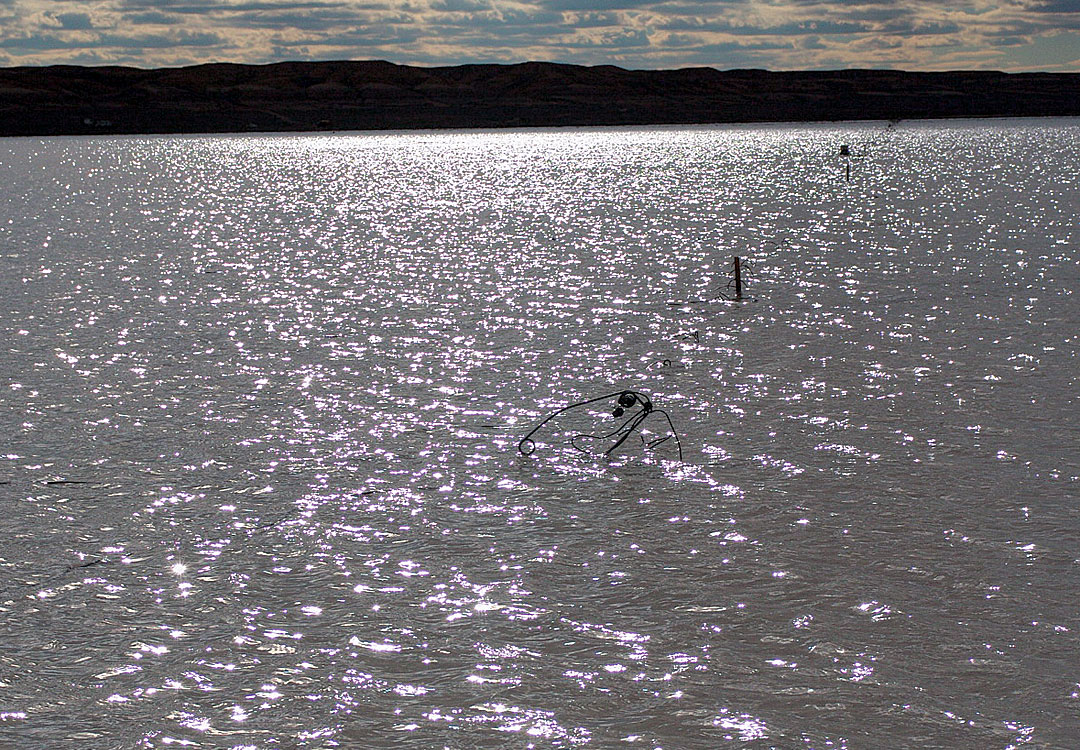

Aguila has been exposed to international projects since 1994. In 2000, our volume of business had grown to the level that a separate company was formed, Aguila International Inc. Since 1994, Aguila has incurred only one instance of failure to receive payment for work performed. The amount was less than $7k US and caused us to review our risk management program for monetary risk exposure. We concluded our management policy was effective and the group that failed to pay was actually outside of our risk comfort level. We then agreed that we would follow our risk management policy in a more stringent fashion to have an increased level of caution in the future to reduce monetary risk exposure.
What is our risk policy? We choose the majority of our international clients based on the following criteria:
- Does the potential client have exposure to western stock exchanges? If yes, proceed.
- Does the potential client have a positive record of approving then paying invoices. If yes, proceed.
- Does the potential client have superior logistical planning mechanisms? If yes, proceed. If no, how can we assist the client to improve this deficiency? Then proceed.
- Has the potential client been aggressive in the monetary negotiations to the point where our efforts will result in a profit? If yes, proceed. If no, walk away.
- Check out the potential client’s record of how they treated other past contractors of good standing and how these contractors were viewed after the execution of a formal contract. If good, proceed. If not acceptable, then clarify the issues prior to initiating the project. If these issues cannot be resolved, walk away.
- In what currency does the potential client compensate for work performed? Keep in mind the various ways that reductions to profit can occur due to international monetary fluctuations.
- Cover all the fine details in order to include them in the contract that you are about to execute. What is included in your basic services, what is extra charge, how is travel paid for, what living expenses are paid and many other small details that require documentation. It is extremely important to cover this as you do not want a perfectly good professional relationship to be marred by some trivial point of debate that could escalate into a conflict.
- Make sure your liability, errors and omissions and medevac insurance is covered by your contract.
- Read everything to be included in the contract numerous times. Have your colleges read the document(s). Changes can be made and negotiated prior to execution of the contract. It is extremely difficult to change clauses in contracts if the other side has an advantage in the monetary clauses.
- Research the project area for historic weather conditions, social demographics, logistics to have professionals and materials enter and exit the project country. What medical facilities exist in-country and all the other information to form a mosaic of intelligence that shall protect your staff while on assignment.
- What type of HSE policy does the potential client have? Is it a paper policy or a living/working policy? If a paper only policy, how can you as an organization cause change to occur to have the client HSE Program evolve into a living/working policy?
- Again, study the area of the world for your project to garner as much knowledge as you can prior to executing a contract and initiating project work. Do your homework to know your area of work and to assign the proper personnel to the project.
There are many other small details that would cause this article to become too lengthy, but the last item I would leave with you on the risk management side is to work for a Client that you have professional admiration for and whom you enjoy working with. There are many clients out in the international field. Would it not be important to work with and for a company with which you can enjoy the working relationship?
You will notice that my list presented above was preceded by the sentence “We choose the majority of our international clients based on the following criteria”. The point I am making is to choose the client after the company has contacted your organization or you personally. Or, if you are actively looking for international companies to contact, do your in-depth research of the company prior to making the initial contact.
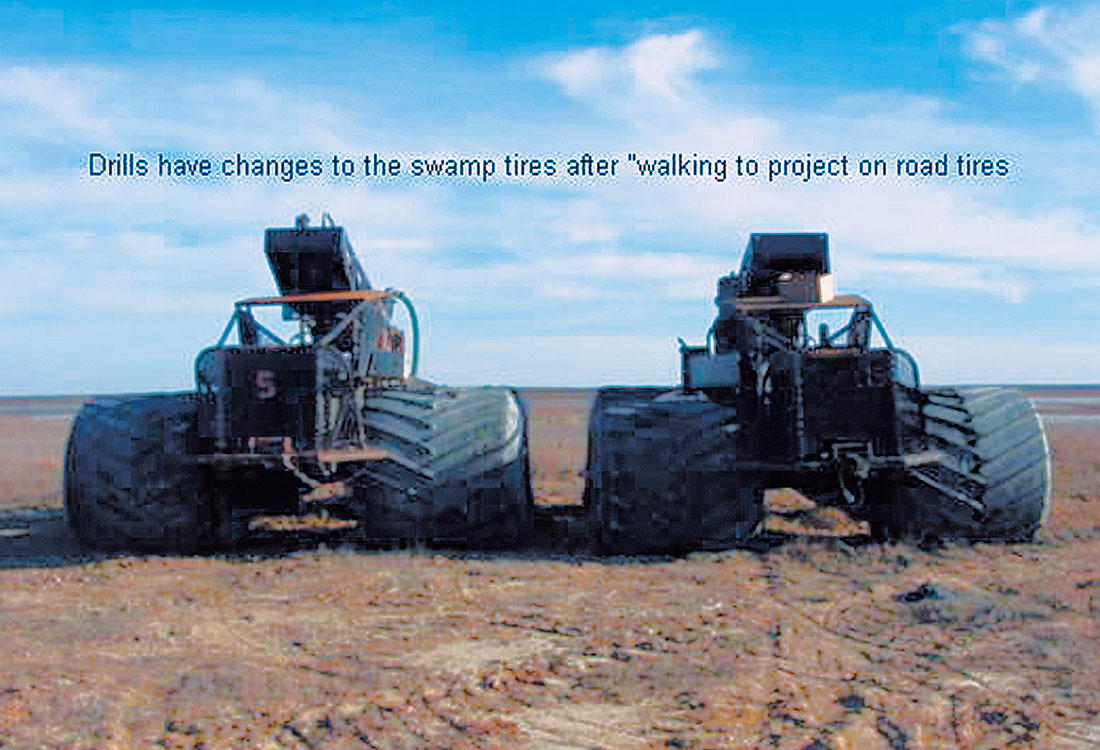
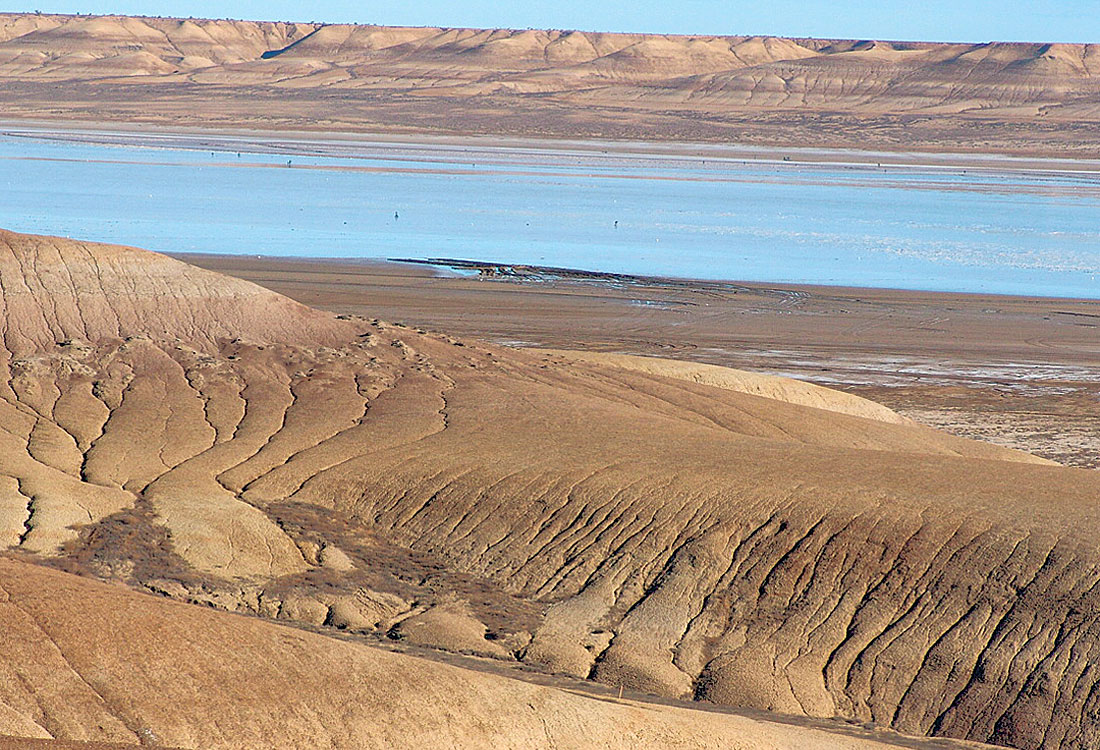
Too many Canadian exploration service companies have gone “overseas” to work because it is perceived to be glamorous, makes for great conversation at industry events and has the ability to supplement the slow summer season in Canada. Let me assure you that working overseas is not glamorous, it is hard work. If you enjoy sleeping it is not the environment for you. As most of your projects are in different time zones, email and sat phones are not friendly to your rest. You can be assured the wells in the international environment come in after midnight but before 7 am, your time.
You should address most of the difficult situations you may encounter with advance plans formulated by doing your homework. You will, however, encounter certain situations with specifics that you may not have planned for. Be pragmatic but be informed well in advance for the area of where your project is located and you can deal with any situation. I flew to Atyrau 10 days after 9/11 and felt extremely safe due to the massive amount of security deployed after the tragic event. It was much easier to travel and enter Kazakhstan than it was to leave San Antonio and arrive in Calgary from the 2001 SEG convention. One event occurred on that trip that I did not have exact knowledge of when it would occur. I just anticipated it would occur. It was the timing of the pending attack on Afghanistan by coalition forces. I was to receive a shipment of explosives from Aktau, a port city on the east side of the Caspian Sea. The shipment was due to exit the formal military storage on a Monday morning. Listening to BBC world news Sunday evening the night before the scheduled shipment, brought me the news that US Air Forces had launched the attack on the Kabul region. I knew that Monday the shipment would not leave Aktau, but through pre-planning the shipment did leave on Tuesday and the project was able to proceed within the logistical operations window as planned.
Is there a secret for international exposure? We believe caution is critical. There is no such thing as “no down payment with no interest”. There is always a cost of doing business. How you do your business can reduce that cost and thus the risk.
We believe if you take the simple lessons learned from IEE and merge them with the risk management checklist then add it to your homework, the road to success while not paved with gold can be less bumpy. If you surround yourself and your company with quality people and you enjoy working with your clients, the international exploration field can be very rewarding.
Finally I must indicate that Aguila has changed our risk policy criteria from “Does the potential client have exposure to western stock exchanges? If yes, proceed to, Is the client a company that we want to do business with and that does not necessarily require western stock exchange registration.” Aguila has been contracted to private Caspian area companies that have been excellent to work with and have compensated Aguila consistently within 30-45 days of invoicing.
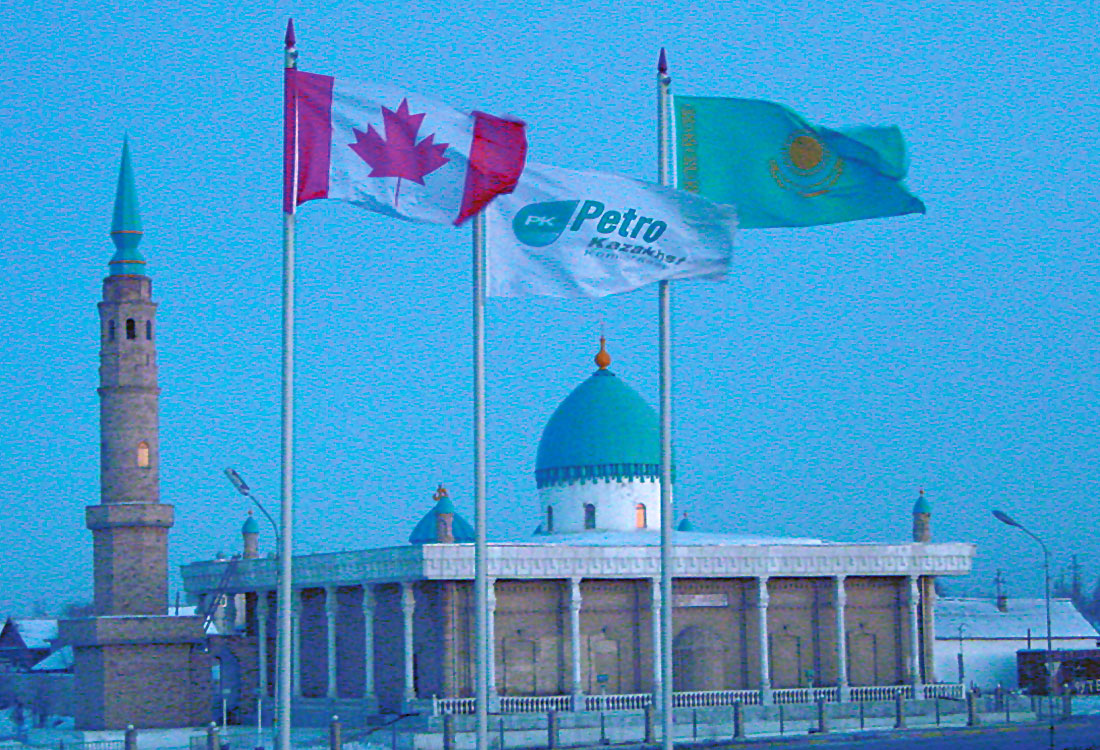
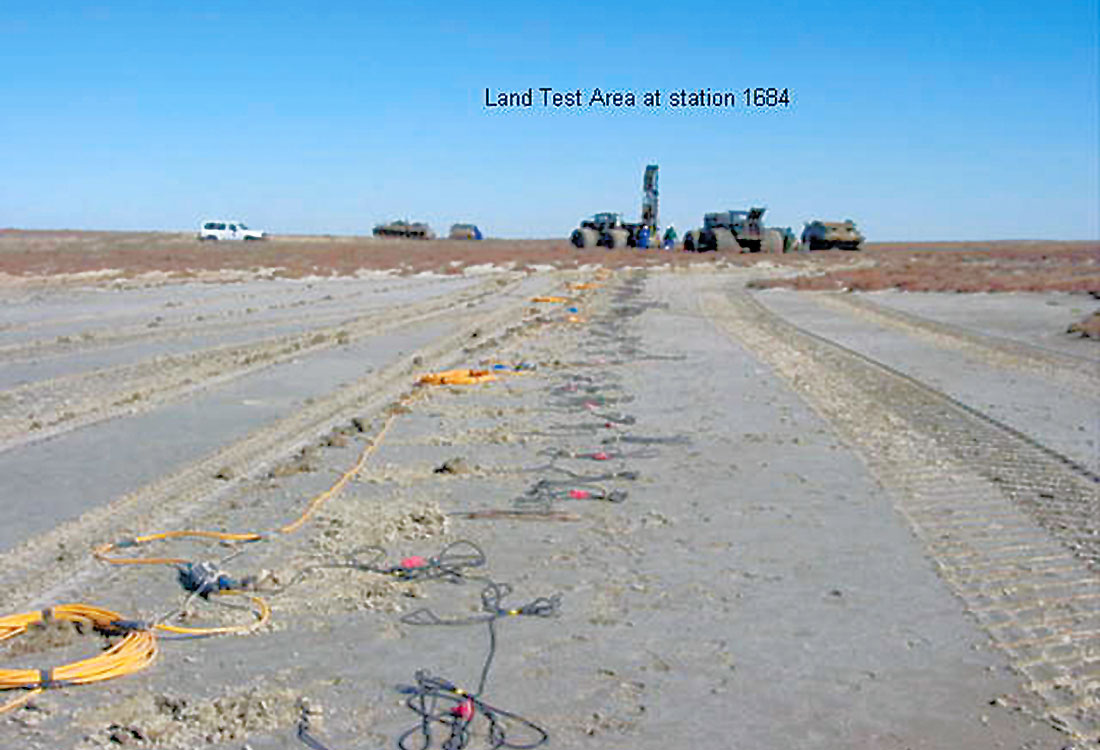
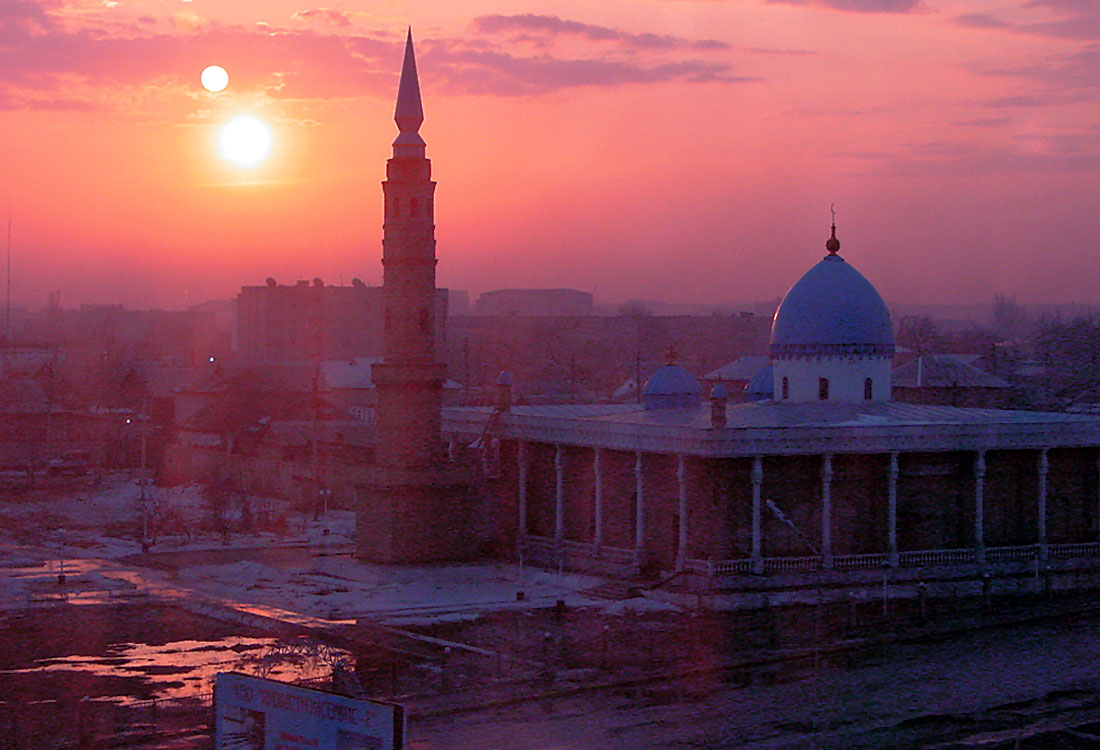
I find it important to concentrate on an area for targeting work. Once the knowledge base has been increased, then strategic business plans can be constructed for additional opportunities at similar geographic locations.
There are insurance mechanisms that are available to underwrite economic risk. Aguila has not taken advantage of international invoice insurance but I am not saying that this type of support is not useful, it is very useful. What must be taken into consideration is; if all your projects required insurance, is the risk too great for the well being of your company?
I have very much enjoyed my last 38 plus years of domestic and international work that has caused me to be exposed to the most valuable commodity, people.











Join the Conversation
Interested in starting, or contributing to a conversation about an article or issue of the RECORDER? Join our CSEG LinkedIn Group.
Share This Article